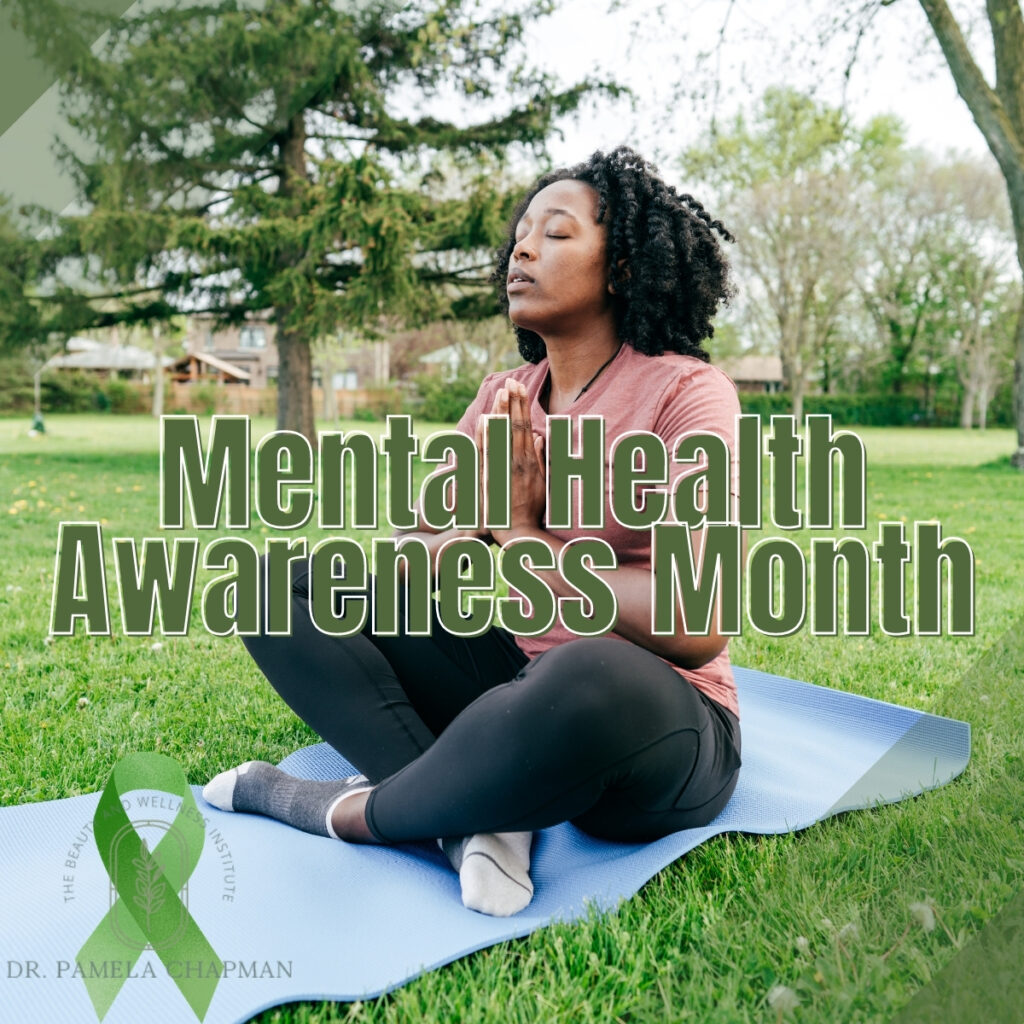Mental health continues to be a serious issue in today’s society. To be very clear: Even if the world were largely at peace and things were running smoothly, mental health would still be a significant concern. It’s part of the human condition.
But we also have to acknowledge that the things we see around us—both in our immediate lives and in our media consumption—have very real effect on our mental and emotional wellbeing. The pandemic, civil unrest and gun violence generate actual trauma for all of us, and the way these topics are discussed, debated and argued about only serves to exacerbate that trauma. We have to admit that that trauma is real before we can begin to manage it.
Share Your Experience
Loneliness compounds anguish. Human contact alleviates it. The separations we’ve all endured during the pandemic have affected our wellbeing.
Even those who are shy and introverted can find tremendous relief and healing in human interactions. When you feel yourself having trouble inwardly, reach out. Recruit a teammate in your mental health. Turn to someone who listens, reassures, or even just distracts you.
Of course, if you’re suffering, we encourage you to talk about it with a medical professional. But when that’s not an option, for whatever reason, you should also know that any friend you can find comfort in is a valid aid. Take advantage of any connection you can make.
How Counseling Helps
The value of a mental health professional is in their training, of course, but also their neutrality. Every friend and family member in your life exists within a limited context and brings their own needs to any interaction.
A counselor is there only for you, and to help you manage the world the way you see it. Conversations with your counselor help you clarify your own experiences and how you respond to them. As with any activity, counseling helps you practice more efficient, productive behaviors and gives you new tools to help navigate your mindset.
Be Open-Minded About Medication
Many people are instinctively resistant to medication, especially when it comes to medicines that might affect your mood. It’s certainly good to be wary of any medical professional whose first response is to turn to the prescription pad.
But today we have access to a whole spectrum of medications that can be a valuable part of a mental health treatment program. The goal of these medicines is not to create full-scale changes, but simply to curb your body’s most extreme responses and help you retain better control of your own thoughts.
Practice Patience and Acceptance
The first step is always to acknowledge that your feelings are valid. Many of us have been socialized from a young age to deny our internal emotional troubles and behave as though we’re not affected by outward factors. This denial only generates shame, which serves to compound those existing mental health struggles. Go easy on yourself. You are not alone.
Resources:
The National Alliance on Mental Illness’s 2021 guide to awareness events in May and June
The National Suicide Prevention Lifeline: 800-273-8255

